UTAH
FOOD HANDLERS CARD
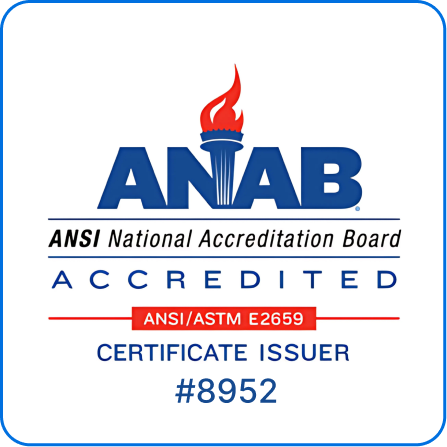
- ANSI National Accreditation Board (ANAB) Accredited
- Approved and Accredited in Utah
- 100% Online, Accessible 24 hours a Day, 7 Days a Week
- Course Duration: 1.5 Hour
- Course Access: 3 Months from Purchase
- Owners/Managers: Manage, Track, and Report Employee Progress
- Certificate of Completion upon Successful Completion of Final Exam
- Exam Passing Score 70%
- 2 Chances to Pass the 40 Question Final Exam
- Languages Available: English, Spanish
- Bulk Discount Pricing Available
Our clients
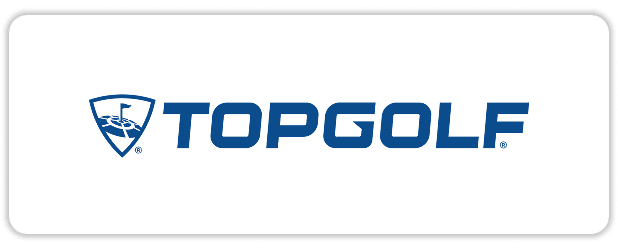
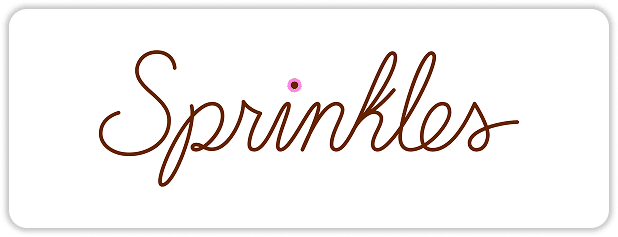

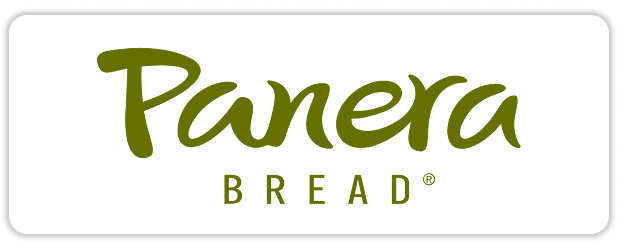
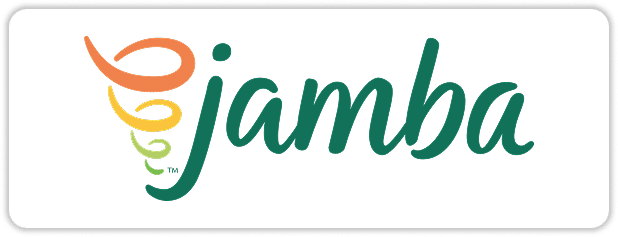

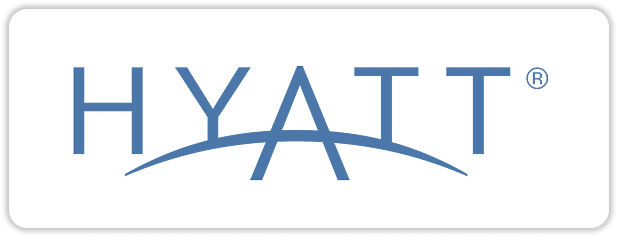
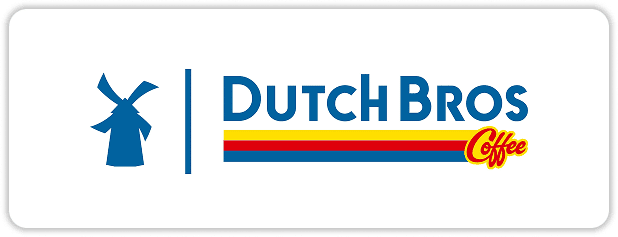
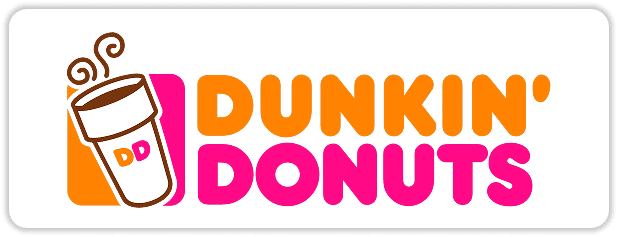
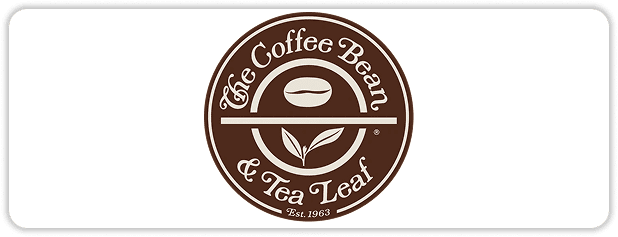
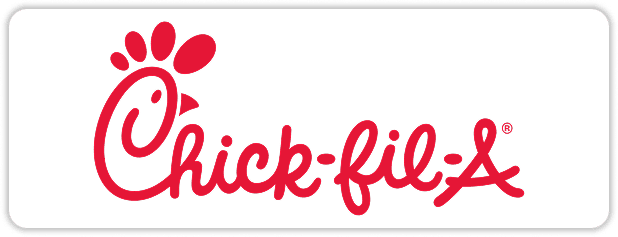
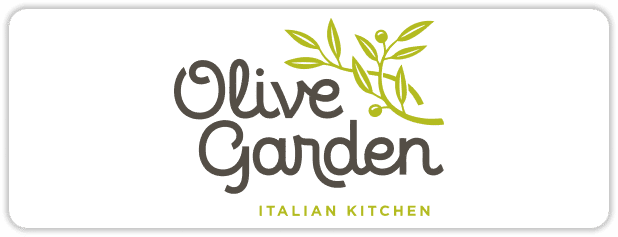
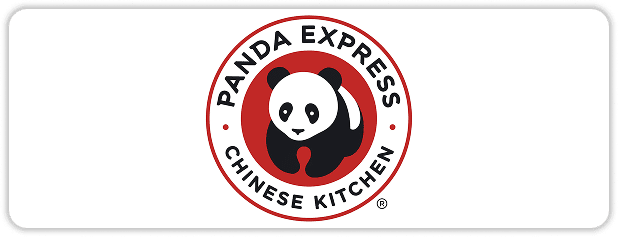
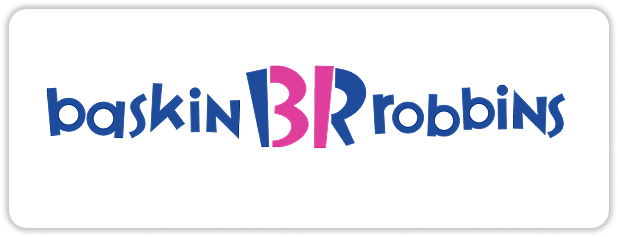
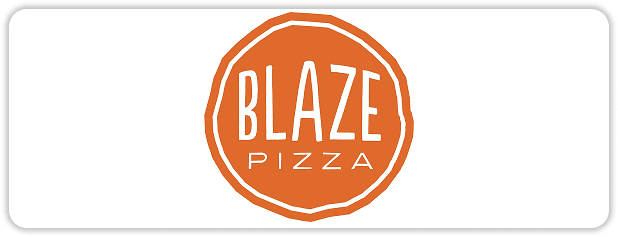
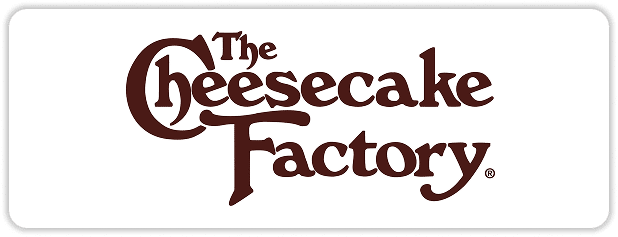
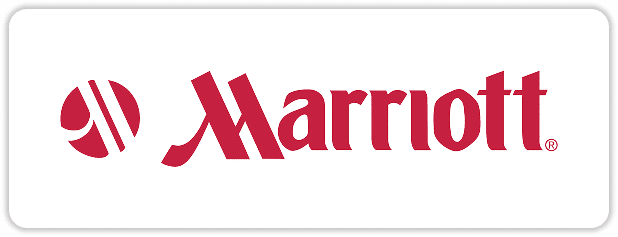

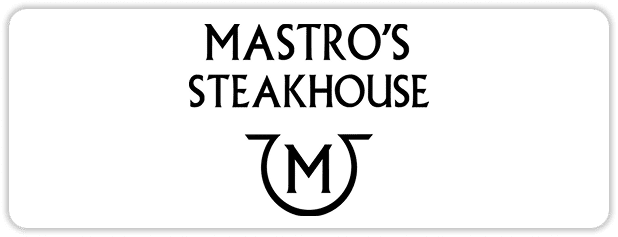
BENEFITS OF TRAINING
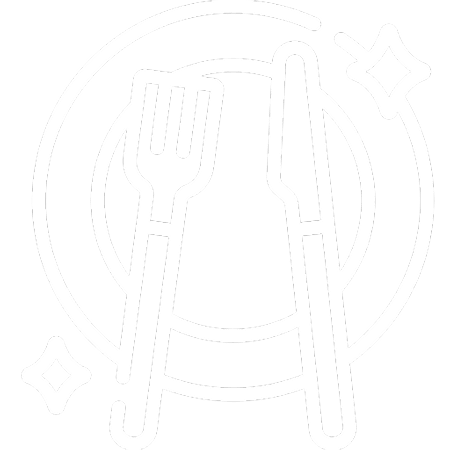
PREVENT
Education is the best tool to prevent, minimize, or eliminate foodborne illnesses and food hazards.
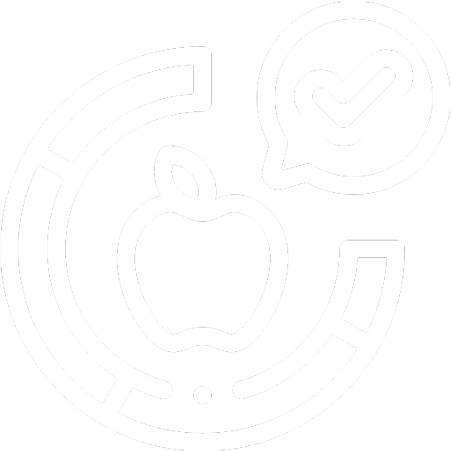
AWARENESS
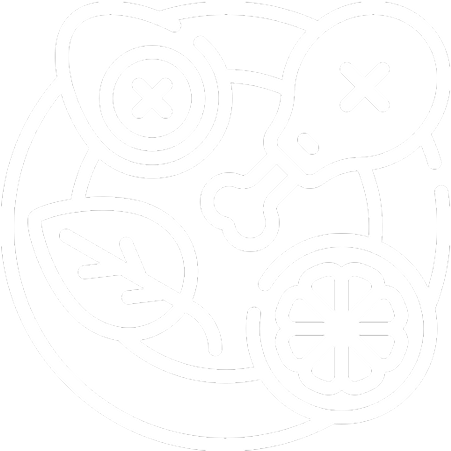
ELIMINATE
Training helps reduce or eliminate food safety hazards before they become major issues.

MINIMIZE
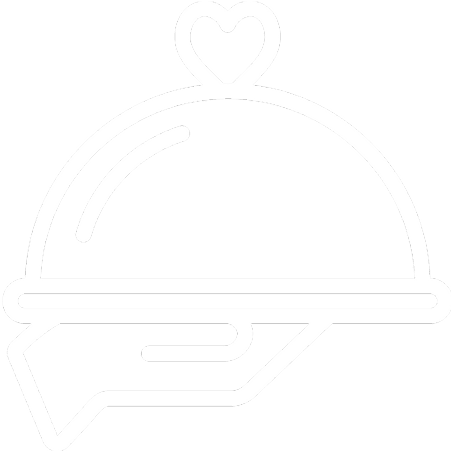
PRODUCTIVITY
Reducing food safety complaints will create a happier workplace and in turn increase productivity.
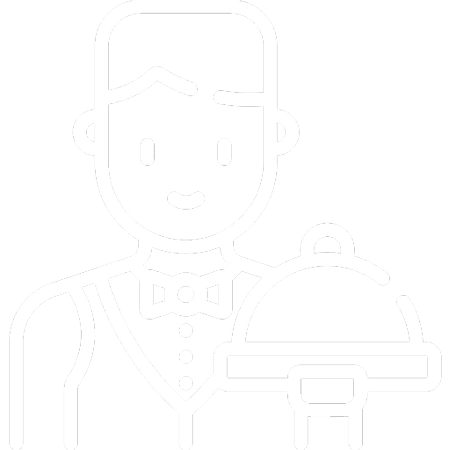
WORKPLACE SATISFACTION
WHY CHOOSE US

- Satisfaction Guarantee
- Online Interactive Course
- Meets and Exceeds State Guidelines
- Price Match Guarantee
- Owners and Managers: Manage, Track and Record Employee Progress
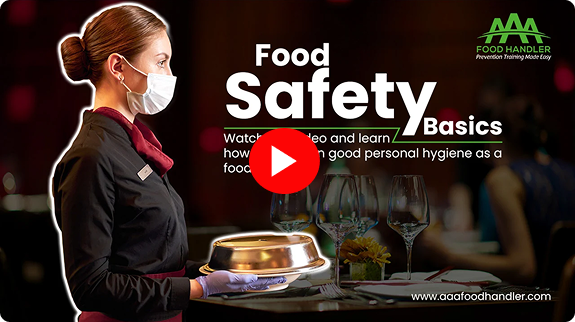
Getting Your Food Handler Card is Quick and Hassle-Free
Numerous professionals nationwide have already earned and renewed their card with AAA Food Handler — a trusted name in food safety training.
FREQUENTLY ASKED QUESTIONS (FAQs)
The Food Handler Card verifies that an individual has been trained in proper food safety practices, helping to reduce the risk of foodborne illness and improve hygiene standards in food service operations.
The course is designed to be completed in about 1.5 hours. It’s self-paced, meaning you can start, pause, and return anytime that fits your schedule.
Anyone working with food in restaurants, cafes, catering businesses, or similar roles must complete food handler training to comply with state health regulations. All food handlers—including cooks, servers, hostesses, dishwashers, and cashiers in convenience stores that serve potentially hazardous foods like soups, hot dogs, and other items prepared on-site—should be certified.
Food handler certificates are also recommended for individuals working in roles such as nurse’s aides, certified farmers markets, commissaries, grocery stores, licensed healthcare facilities, mobile support units, public and private school cafeterias, restricted food service facilities, and retail stores. Certification is advised for food facilities that provide internal food safety training to staff involved in food preparation, storage, or service; facilities operating under collective bargaining agreements with food handlers; and government-run institutions at the city, county, state, or regional level used for the confinement of adults or minors.
To earn your Utah Food Handlers Card, you must score at least 75% on the final exam. You’ll be given two opportunities to pass the 40-question test.
The total cost is $22.95, which includes the $15 Utah state permit fee. There are no hidden charges, and both English and Spanish versions are available.
Managers gain tools to track training progress and ensure staff are compliant, which boosts food safety, reduces violations, and promotes workplace efficiency.
To make learning more accessible, the course can be taken in either English or Spanish, allowing team members to complete training in the language they’re most comfortable with.
Educating employees on safe food handling procedures lowers the chances of contamination and complaints, which contributes to a more productive and compliant kitchen environment.
We offer an interactive and state-accredited course with a satisfaction guarantee, bulk pricing, and tools that help owners manage employee progress—all while meeting Utah’s official guidelines.
Utah requires Food Handler courses to be accredited by the ANAB, ensuring the training meets recognized food safety standards. ANAB-accredited programs provide credibility and are more likely to be accepted by local health departments during inspections.
Yes, the course works on mobile devices. For the best experience, use Chrome and switch to landscape mode if needed.
For official food safety guidance and regulatory information in Utah, contact Utah Department of Health and Human Services:
Bureau of Epidemiology, 288 North 1460 West, PO Box 142104, Salt Lake City, UT 84114-2104


